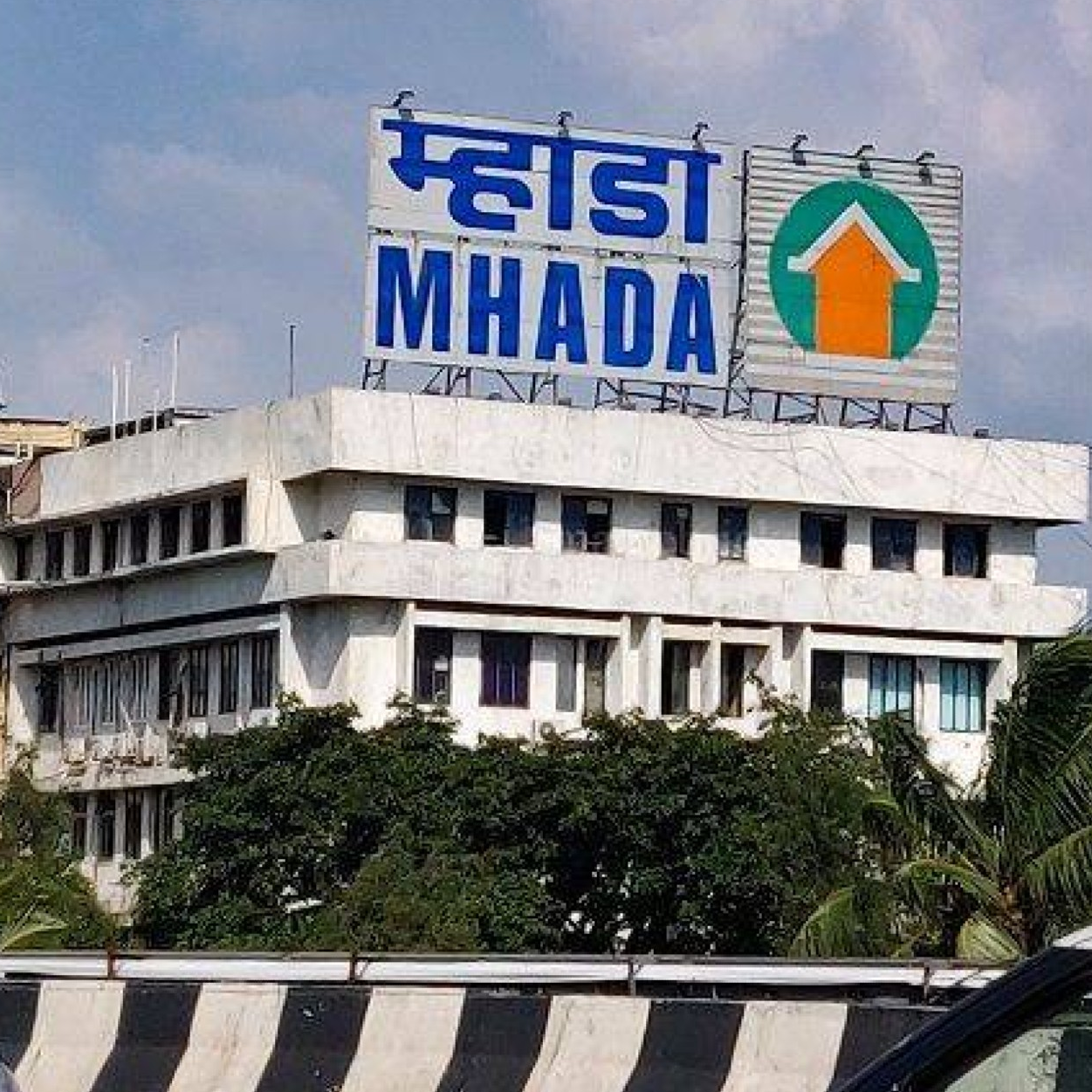
MHADA Launches Mega Redevelopment Drive: 45,000 New Homes Planned Across Seven Key Layouts in Mumbai
A city-wide cluster redevelopment strategy aligned with MMR 2030 vision aims to reshape Mumbai’s housing future
In one of its most ambitious housing initiatives yet, the Maharashtra Housing and Area Development Authority (MHADA) has launched a large-scale redevelopment plan targeting seven major layouts across Mumbai. The goal: to construct approximately 45,000 new homes, modernize outdated infrastructure, and deliver integrated urban living to the city's growing population. The initiative has been confirmed by IAS Sanjeev Jaiswal, Vice President and Chief Executive Officer of MHADA, as part of the authority’s broader strategy to create a more inclusive and efficient housing ecosystem in Maharashtra.
The Seven Layouts Selected for Redevelopment
The following key MHADA layouts — currently occupied by aging buildings or underutilized spaces — will be the focus of this initiative:
- Motilal Nagar, Goregaon
- Abhyudaya Nagar, Parel
- Adarsh Nagar, Worli
- Bandra Reclamation
- GTB Nagar, Sion
- Cessed building clusters in Dadar, Mahim, and Prabhadevi
Combined, these projects represent a significant transformation of Mumbai’s central and suburban regions, all of which are in high demand but hampered by poor structural conditions and outdated amenities.
A Vision Tied to MMR 2030
This redevelopment drive is not an isolated project — it is directly aligned with the MMR as an Economic Growth Hub 2030 blueprint. The regional vision includes the creation of 30 lakh housing units, of which MHADA is expected to contribute 8 lakh units. This latest push toward cluster redevelopment is one of the largest steps toward meeting that commitment.
Cluster Redevelopment: A Smarter Way to Rebuild
Unlike piecemeal redevelopment efforts of the past, MHADA's new model is rooted in cluster redevelopment. This approach enables the authority to:
- Rebuild entire layouts cohesively
- Streamline civic infrastructure (roads, drainage, water, and power)
- Create space for open areas, gardens, and community facilities
- Ensure timely execution through better regulatory control
Cluster-based planning also prevents fragmented redevelopment that often leads to congestion, service delivery gaps, and construction delays.
Ensuring Transparency Through Technology
1. Real-Time Redevelopment Tracking via GPS Mapping
MHADA will roll out GPS-enabled mapping for all layouts under redevelopment.
- Stakeholders can track layout boundaries, phase-wise progress, and timelines
- Residents can verify on-ground work with accurate, location-based updates
- Public transparency becomes built-in, not optional
2. A Digital Locker for All Housing Documents
A Digi locker-style system will give residents and societies access to:
- Lease agreements
- Conveyance and ownership documents
- Layout plans and official permissions
No more physical file-chasing — its governance made digital and accessible.
Turning Past Challenges into Policy Safeguards
MHADA isn’t just moving forward — it’s doing so with lessons learned. The Patra Chawl redevelopment delay, one of the most cited examples of mismanaged urban renewal, has informed several new policies.
The authority now plans to restrict isolated redevelopment permissions within cluster-zoned layouts, avoiding fragmented planning, confusion, and contractor overlaps. By keeping the redevelopment unified, the vision remains intact — and execution stays accountable.
Slum Rehabilitation with a Scalable Vision
1. Malvani’s Transformation Begins
MHADA’s Malvani project is set to redevelop over 17,000 hutments, creating:
- 45,000+ formal tenements with better safety, sanitation, and planning
- Integrated facilities for communities that were previously excluded from formal housing grids
2. Inclusive Growth in Action
This isn’t just housing — it’s a social equalizer.
- Bringing slum dwellers into legal housing structures
- Reducing informal construction pressures on the city
- Providing long-term dignity to families across urban margins
A Step Toward a More Liveable Mumbai
This bold, forward-looking initiative reflects MHADA’s renewed focus on scale, transparency, and inclusivity. While the challenges of urban housing in Mumbai are complex, the current leadership under Mr. Jaiswal is signalling a shift from reactive planning to proactive transformation — grounded in data, policy alignment, and citizen well-being.
If implemented efficiently, the redevelopment of these seven layouts could become a national model for how public housing agencies can modernize aging urban areas — not just through buildings, but through systems built for the future.


